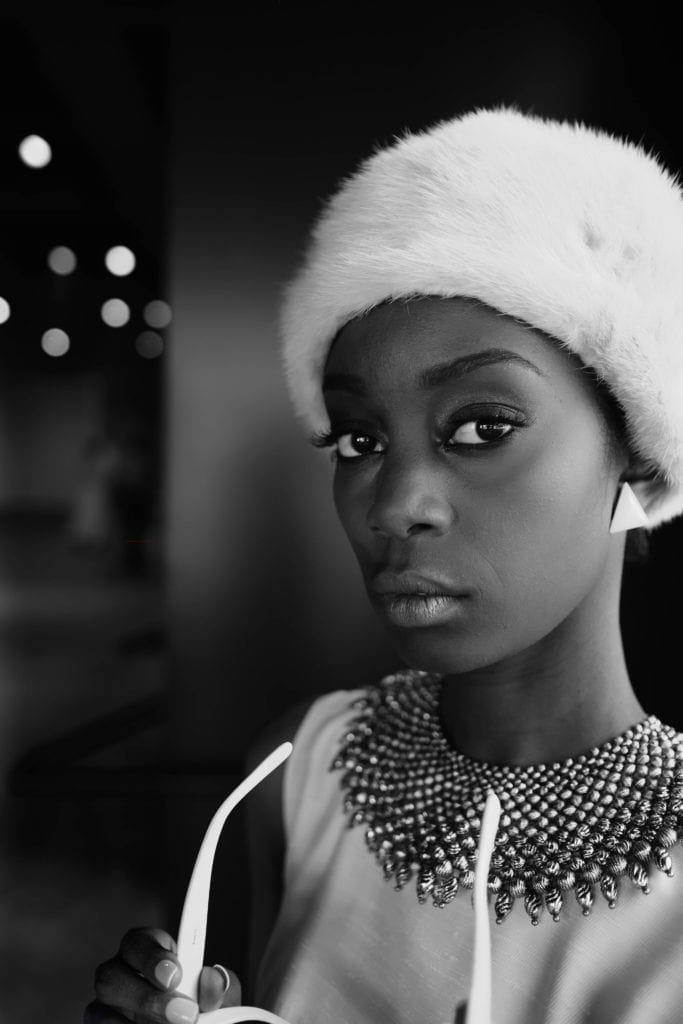Ahh The Good Old Days;
It’s the reason why we all collectively paused our daily activities to watch the new Lion King trailer last week, the reason why we’re waiting in anticipation for Ariana Grande’s Mean Girls inspired video and why songs from your childhood will always be better than the ‘trash they play today’. These days, with the political and social landscape being as it is, it can seem that there are more things that divides us than brings us together but one thing that we all share despite our style, age, gender or ethnicity is nostalgia. Nostalgia is a sentimental longing for the past that continues to make everything, including fashion, circular.
Fashion Loves A Revival
When speaking about fashion’s obsession with the past, Jessica Regan, assistant curator for the Metropolitan Museum of Art’s Costume Institute stated that “We can sit far back in the history of fashion — back to the early 19th century, which was a period of rapid industry and change — and see nostalgia for a preindustrial past, based on romantic notions of chivalry.” Whilst fashion’s love for nostalgia is surely nothing new it has been ever more present in the last two years.
Last year, the original supermodels assembled for Versace’s Spring Summer 2018 show in tribute to the late Gianni Versace. Gucci’s Cruise 2018 show paid homage to 80s designer and bootlegger Dapper Dan and beloved 90s brand Juicy Couture remerged this year during New York Fashion Week’s Fall 2018 season. The digital age in which we live has given us unparalleled access to images from years gone by which easily allows designers to draw inspiration form the past with one simple click. But this ease of reference is not the main reason why the glasses we look through to the past with are oh so rosy.

The Psychology of Nostalgia
Early research previously identified nostalgia as a negative experience due to its association with negative psychological states. For example, in a study where researchers (Wildschut et al., 2006) induced high levels of loneliness in some participants and low levels of loneliness in others, the participants in the high loneliness condition were found to be more nostalgic. But we now know that the reason why these participants engaged in more nostalgic thinking is due to the psychological benefits of nostalgia. Nostalgia protects and fosters good mental health. After engaging in nostalgia inducing activities research has shown that people experience higher self-esteem, are more optimistic, feel less lonely and more socially connected, are more creative and can even feel… cosier.
Word association studies show that people often associate nostalgia with the word ‘warm’ but you may be surprised to know that nostalgia has similar physiological benefits. Researchers at the University of Southampton found that people placed in cold rooms rated highest on nostalgia scales and thinking nostalgic thoughts in cold rooms made people think the room was warmer than it actually is. Proof that the good old days can help towards your heating bill this winter!
Jewellery and Nostalgia
More than just memories, nostalgia can refer to a variety of objects. Within the context of fashion, one of the most nostalgia inducing items can be jewellery. Whether it’s a costume necklace that you’ve had forever or a treasured item that has been passed down for generations, jewellery can be incredibly sentimental. The sentimentality and preciousness of such items are also heightened when they have a connection with someone we’ve lost.
When going through the stages of grief it’s not uncommon to experience a sense of meaningless that alters your sense of belonging. This is backed up by a 2010 study by Juhl and colleagues which found that the existential threat of death awareness triggers nostalgia. This is why companies such as Heart-In-Diamond which produces memorial diamonds that allows you to take a lasting reminder of your loved one with you everywhere you go are growing in popularity.
“There is something touching about using jewellery to memorialize those whom you love. I always feel them beside me even if they are far away.”
Irene
Heart-In-Diamond Customer
This is just one of Heart-In-Diamond many testimonials which highlight the many ways that nostalgia inducing objects like cremation jewellery can help us mitigate the most difficult of circumstances.
With the endless positive impacts of nostalgia, it’s understandable why creatives, fashion and accessories designers look back to go forward. My only worry is, if we keep looking back what will be considered ‘reminiscent of the 2010’s’ come 2030?



